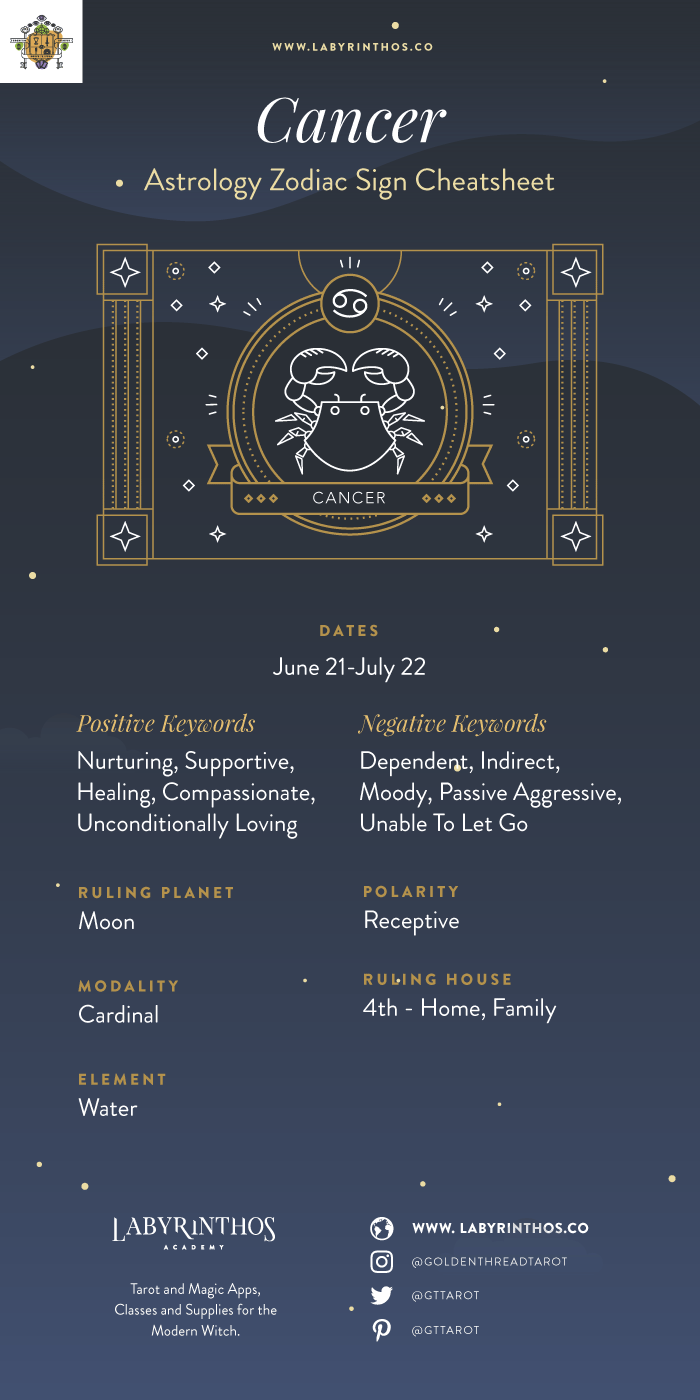

Mammograms to test for breast cancer are recommended for women ages 45 and older, but you may choose to begin screenings at age 40. At-home testing kits may also be able to detect some forms of colorectal cancer, according to a 2017 review of research. These screenings are typically performed during a colonoscopy. The American Cancer Society (ACS) recommends regular screenings for colorectal cancer beginning at age 45.
#CANCER ELEMENT SKIN#
Skin cancer screenings may be performed by a dermatologist if you have skin concerns or are at risk of skin cancer. Screenings for lung cancer may be performed regularly for those who have certain risk factors. Some screenings, such as for cervical cancer and prostate cancer, may be done as part of routine exams. Some common cancer screenings may detect: This can increase the effectiveness of treatment and lower the mortality rate.Ĭancer screenings may help detect signs of cancer early.

Learn more about specific types of cancer with the resources below.Įarly detection is when cancer is found in its early stages.

infection by certain viruses including H.unprotected exposure to UV light, such as sunlight.an unhealthy diet, characterized by red and processed meat, sugary drinks and salty snacks, starchy foods, and refined carbohydrates including sugars and processed grains, according to a 2017 review.Certain risk factors may increase your chance of developing cancer.


 0 kommentar(er)
0 kommentar(er)
